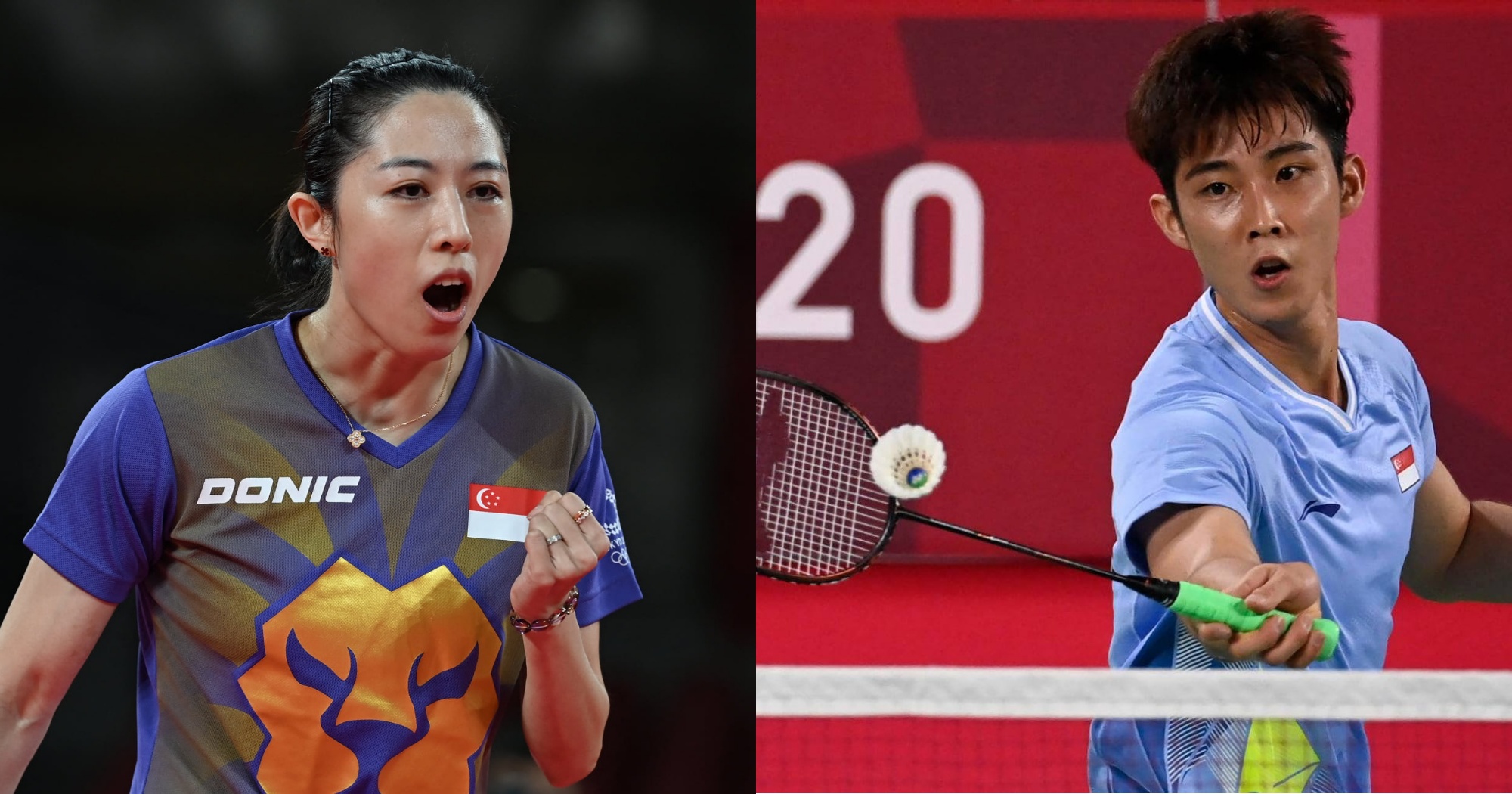Follow us on Telegram for the latest updates: https://t.me/mothershipsg
Does the size of a country affect its success at international sporting competitions like the Olympic Games?
Rector of Tembusu College at the National University of Singapore, Tommy Koh does not think so.
In a Straits Times commentary, he summarised how well other small countries did in the Tokyo 2020 Olympics and concluded that Singapore needs to build a stronger support system for local athletes.
Small countries are winning medals
Koh recounted that small countries (those whose populations are smaller than 10 million) were able to bring home medals at the Olympic Games.
So, how did these small countries fare?
In his commentary, Koh divided the small countries who participated in the recent Olympics into three categories and summarised how many medals each country won.
Population under one million
- San Marino (34,000) won silver and two bronze medals.
- Bermuda (63,000) won a gold medal.
- Grenada (112,000) won a bronze medal.
- Bahamas (389,000) won two gold medals.
- Fiji (889,000) won one gold and one bronze medal.
Populations are between one million and five million
- Slovenia (two million) with three golds, a silver, and a bronze.
- Qatar (2.8 million) won two gold and one bronze medal.
- Jamaica (2.9 million) with four golds, one silver, and four bronze medals.
- New Zealand (4.9 million) with seven golds, six silvers, and seven bronzes.
- Ireland (4.9 million) won two golds and two bronzes.
- Kosovo (1.8 million) won two gold medals.
- Latvia (1.9 million) with one gold and one bronze.
- Puerto Rico (3.1 million) with one gold.
- Bahrain (1.64 million) and Namibia (2.4 million) won one silver each.
- Botswana (2.3 million) and Kuwait (4.2 million) won one bronze each.
- Lithuania (2.7 million) won one silver.
Populations are between five million and 10 million
- Norway (5.3 million), won four golds, two silvers, and two bronzes.
- Denmark (5.8 million) won three golds, four silvers, and four bronzes.
- Hong Kong (7.5 million) gained one gold, two silvers, and three bronzes.
- Switzerland (8.5 million) won three golds, four silvers, and six bronzes.
- Sweden (10 million) won three golds and six silvers.
- Jordan (10.1 million) won one silver and one gold.
- Finland (5.5 million) won two bronze medals.
How can Singapore learn from them?
In a subsequent Facebook post, Koh gave three suggestions for Singapore athletes to win medals at future sporting meets.
He suggested that Singapore should systematically spot talents among students and provide them with programs that will train, coach, and mentor them into becoming great athletes.
He also urged society to value excellence in sports.
On top of that, Koh suggested supporting the "exceptionally talented" financially, making it possible for them to pursue their passions.
Following snide comments about local athletes' performances at the Olympic Games, Koh also said that "we should also develop a culture of supporting our athletes, in good times and in bad times."
Commenting on Koh's Facebook post, former national swimmer, Ang Peng Siong, said that he was thrilled when efforts were made to develop a sporting culture in Singapore back in 2000. However his heart broke when sports became less visible when the then-Ministry of Community, Youth, and Sports was restructured.

Others also gave their two-cents worth on the factors that limit Singapore's success in sports.
Facebook user, Kevin Han, said, "Singaporeans also hold the mindset that sports isn't a viable career option."

Former Singapore People's Party chairman Jose Raymond countered Koh's suggestions by pointing out that the Singapore Sports Institute already does research to determine where Singapore athletes stand and analyses how smaller countries can win medals.
Instead, Raymond said that the country has not done enough to support sports and local athletes:
"What Singapore does not have enough is the muscle to put more financial resources into helping our athletes succeed, and the right people in place to ensure that our athletes are given the support to reach their goals.
When athletes still seek funds through crowdfunding, donations from friends and families, and can't rely on public funds which only support them once they have achieved certain standards, then we have truly failed our athletes. "
Related stories
Top image TeamSG/Facebook.
If you like what you read, follow us on Facebook, Instagram, Twitter and Telegram to get the latest updates.
